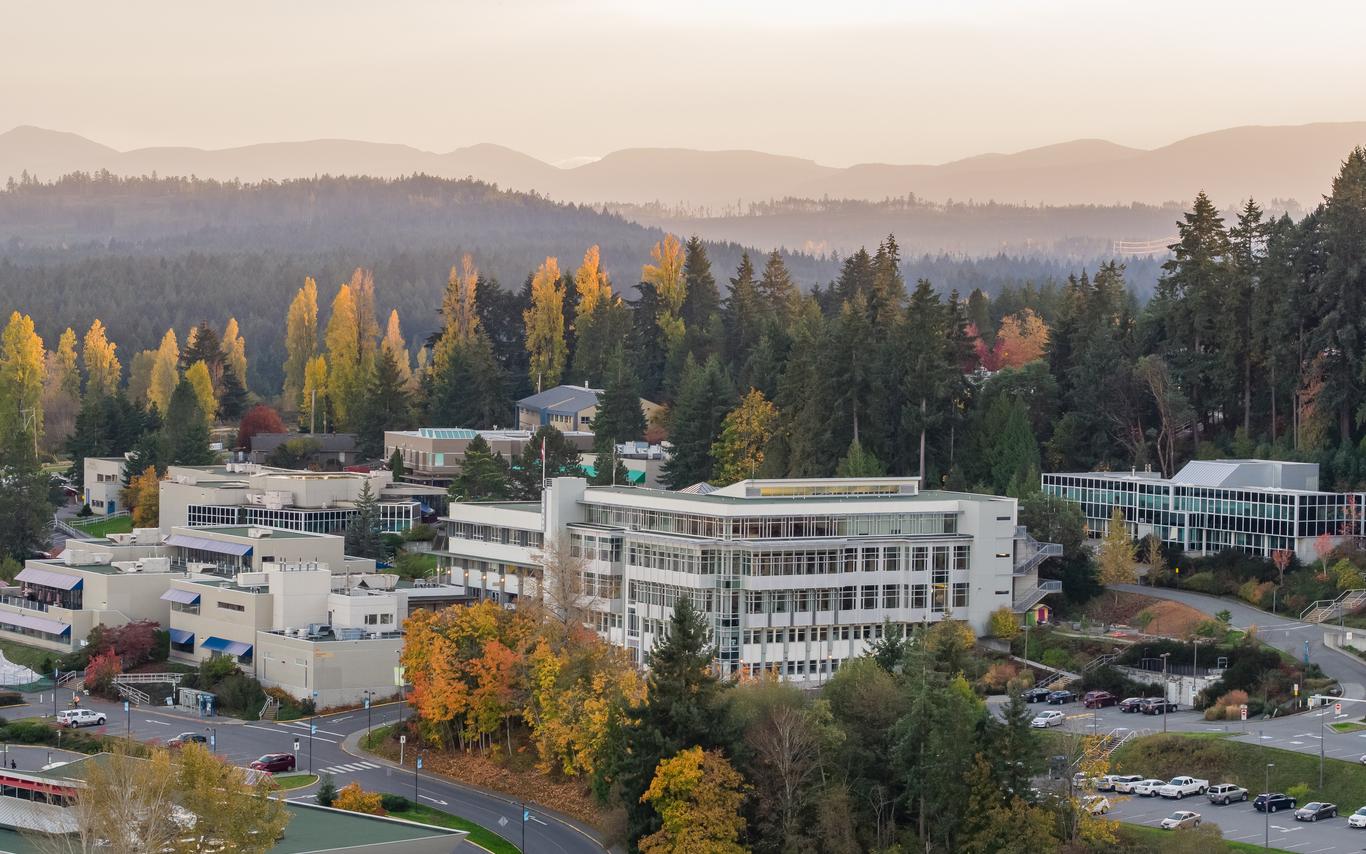What role does the Government of British Columbia and the Post-Secondary Employers Association play in public-sector post-secondary bargaining?
In the public post-secondary sector, collective bargaining occurs within a provincial framework. The Post-Secondary Employers Association (PSEA) is the bargaining agent for 19 colleges and special-purpose teaching universities in BC. PSEA coordinates collective bargaining and delegates authority to VIU to bargain locally. PSEA also implements the government’s public sector bargaining mandate for our sector. That means all bargaining proposals and any agreements entered into by VIU are required to be approved by PSEA, including any changes to pay. Changes to collective agreement language at any point during the life of the agreement are also required to be approved by PSEA.
What is the collective bargaining process? How are agreements reached?
Collective bargaining is the process through which the university and a union representing employees negotiate the terms and conditions of employment. These discussions aim to reach a mutually acceptable collective agreement that outlines wages, benefits, working conditions, and other employment matters.
What does it mean to be a unionized employee?
Unionized employees are represented by a certified bargaining agent (union) that negotiates with the employer on their behalf. The resulting collective agreement governs many aspects of their employment, including compensation, workload, benefits, and dispute resolution processes.
What does the negotiation process look like?
Negotiations typically begin with both parties exchanging proposals. Bargaining sessions are then held to discuss and refine these proposals until an agreement is reached. The process is governed by good faith negotiations and established labour laws. Once a tentative agreement is reached, it must be ratified by the union membership, the university’s governing body and the Post-Secondary Employers’ Association.
When are negotiations finished?
Negotiations conclude when both parties reach a tentative agreement that is ratified by the union membership, the University’s governing body, and PSEA. The agreement then becomes the new collective agreement governing terms of employment until it is renegotiated.
What happens if the current collective agreement expires before a renewal agreement is reached?
If a collective agreement expires before a renewal agreement is reached, its terms and conditions generally remain in effect until a new agreement is negotiated and ratified.
When does a new agreement come into force?
A new collective agreement takes effect once the union, the University, and PSEA have ratified it. The effective date is the date it received final approval. Some articles and benefits may apply retroactively, depending on the terms negotiated.
General Questions
Will I lose access to my university email account during the negotiations process?
No. The collective bargaining process does not affect employee access to university systems or accounts.
How does the university’s budget affect bargaining?
Compensation and any proposals with financial impact must align with the government's compensation mandates. The university’s financial position and budget priorities may influence what it can reasonably offer during negotiations.
What is the relationship between bargaining and tuition?
Tuition rates are set separately from the bargaining process and are regulated by the provincial government. Collective bargaining outcomes do not determine tuition levels.
How are compensation offers determined by the university?
General wage increases are set by the provincial mandate, which is determined by the provincial government for all public sector workers. The provincial government sets a centralized bargaining mandate that outlines general wage increases, the term of the collective agreements and any other priorities that government may have in delivering services to the public while managing cost within their fiscal plan.
Impasse and Dispute Resolution
What is an impasse and how can it be resolved?
An impasse occurs when the employer and union are unable to reach agreement through regular negotiations. At that point, either party may request the assistance of a mediator appointed by the Labour Relations Board to help resolve outstanding issues.
What happens following mediation?
If mediation leads to agreement, the parties proceed to ratification. If no agreement is reached, the parties may consider other legal options, including job action (strike or lockout), in accordance with the Labour Relations Code.
What does mediation mean for students?
Mediation itself has no immediate impact on students. It is part of the normal bargaining process intended to help reach an agreement and avoid disruption to university operations.
Legal work stoppages
When can a union go on strike?
A union may legally strike after bargaining reaches impasse, mediation has concluded, a strike vote has been held and approved by the membership, and notice has been provided under the Labour Relations Code.
What is the difference between a strike and a lockout?
A strike occurs when employees collectively withdraw their services. A lockout occurs when the employer prevents employees from working. Both are lawful job actions regulated by provincial labour laws.
What is a strike vote?
A strike vote is a formal process in which union members vote on whether to authorize their union to take strike action. A majority in favour gives the union the legal ability—but not the obligation—to call a strike.
What are the impacts to students if a union chooses to go on strike?
Impacts vary depending on which employee group is on strike. The university works to minimize disruption and maintain essential student services wherever possible. Updates and contingency plans are communicated to students promptly if a strike occurs.
What happens to my work if another union is on strike or locked out?
Unionized employees who are not part of the striking or locked-out union may choose whether or not to cross a picket line. Consequently, some activities or access to facilities may be affected. The university provides guidance in these situations to ensure safety and clarity.
What happens to pay, benefits and employment entitlements for striking or locked-out employees?
During a legal strike or lockout, unionized employees do not receive pay or benefits from the university. The union may provide strike pay or other supports according to its policies.
